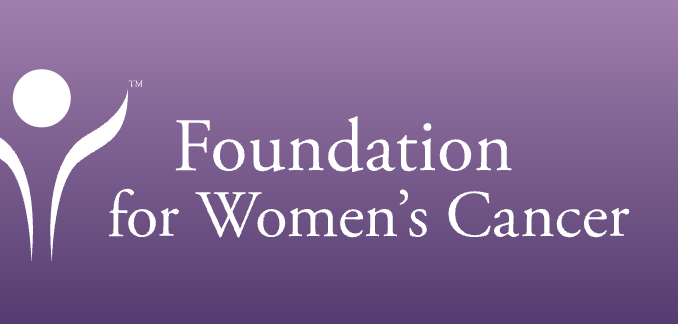
By SOCIETY OF GYNECOLOGIC ONCOLOGY | FOUNDATION FOR WOMEN’S CANCER
What is patient advocacy?
Patient advocacy is the process of guiding patients, survivors, and caregivers through the healthcare system. A patient advocate may be an individual or an organization that helps patients communicate with their healthcare providers, so they get the information they need to make decisions about their health care. Patient advocates may also help patients set up appointments for doctor visits, medical tests, and financial, legal, and social support.
How does health inequity in gynecologic cancer care affect different racial groups?
Disparities continue to affect patients’ access to quality care and treatment options based on their race and socioeconomic status. This leads to differential outcomes for different racial groups. For example, Black individuals face higher mortality rates and poorer survival outcomes in gynecologic cancers compared to their white counterparts.
What is the trend in cancer incidence and mortality rates for Black cancer patients?
Unfortunately, while the overall incidence of cancer may be decreasing, the mortality rates for Black gynecologic cancer patients are rising; gynecologic cancers include ovarian, cervical, uterine, vaginal, and vulvar cancers. Studies reveal that these cancers affect women of color disproportionately, and they often face worse prognoses and outcomes compared to white women. Factors such as delayed diagnosis, limited access to healthcare resources, cultural barriers, and implicit biases in medical settings contribute to these alarming trends.
How can we reduce disparities in cancer care for Black cancer patients?
Targeted education is essential; it is crucial to empower individuals with information about gynecologic cancers, available treatment options, and clinical research and/or trials. By providing knowledge about the disease and its management, patients can become active participants in their care and advocate for the best possible treatment plans.
What are social determinants of health (SDOH)?
Social determinants of health (SDOH) are the nonmedical factors that influence health outcomes. They are the conditions in which people are born, grow, work, live, and age, and the larger systems shaping the conditions of daily life. Cancer diagnoses are sometimes attributed to SDOH.
How do social determinants of health (SDOH) factor into poor outcomes in cancer care?
While SDOH play a significant role in health disparities, the blame cannot be placed solely on the patients. There are various complex factors at play, such as systemic racism, implicit bias, and unequal access to healthcare resources and information. By solely attributing poor outcomes to SDOH, we risk overlooking the structural and systemic issues that perpetuate inequities in cancer care.
What is the pathway to achieving equity in cancer care for Black patients?
First and foremost, education and advocacy are vital components. By empowering Black cancer patients with knowledge about their disease and treatment options, they can actively participate in their care and advocate for their needs. Honest and open communication between healthcare providers and patients is crucial to fostering shared decision-making and reducing disparities in care.
What steps can patient advocates take to contribute to improving cancer care?
Patient advocates play a pivotal role in improving cancer care in several ways. Drawing from their lived experiences as cancer survivors or individuals directly impacted by the disease, patient advocates can raise awareness about the unique challenges faced by marginalized communities, including people of color. They can serve as powerful voices for change, advocating for policies that promote equitable access to healthcare resources, clinical trials, and treatment options.
What essential information should patients know and understand about their gynecologic cancer journey?
Patients should have knowledge about their specific diagnosis, the stage of their cancer, and available treatment options. Understanding the potential side effects and risks associated with each treatment is vital for making informed decisions about their care. Additionally, patients should be informed about ongoing clinical research and the possibility of participating in clinical trials, as these trials can offer access to cutting-edge treatments and advancements in cancer care. Educating patients about their diagnosis and treatment journey empowers them to actively participate in their care and make decisions that align with their values and preferences.
Resources

About the Foundation for Women’s Cancer
MISSION & VISION
MISSION
To bring together all communities of advocates, patients, caregivers, partners and the healthcare team to eradicate or lessen the impact of gynecologic cancer. We will achieve this through research, education and public awareness.
VISION
A world where everyone has the power to impact, prevent or overcome a diagnosis of gynecologic cancer.
CORE VALUES
- Awareness: Promote public awareness of gynecologic cancer prevention, early diagnosis and optimal treatment.
- Diversity and Inclusion: Commit to cultural humility and diversity of thought and engagement.
- Education: Provide innovative education and continuous learning.
- Leadership: Set an example of integrity, quality and excellence to eradicate gynecologic cancer.
- Partnership: Support efforts of the Society of Gynecologic Oncology (SGO) to eradicate gynecologic cancers.
- Research: Advance innovation and discovery to eradicate gynecologic cancer.






